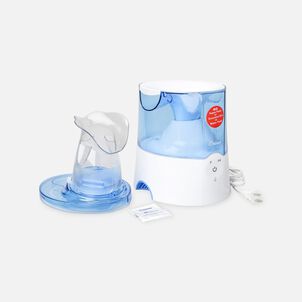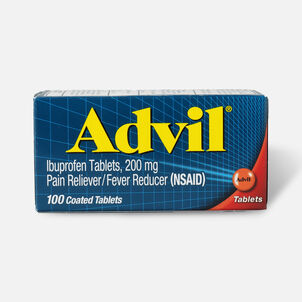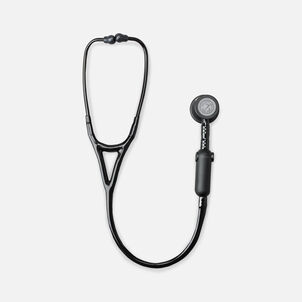If you're one of the people who had an FSA plan year deadline on 12/31, you should know about a little-known year-end provision that could help you maximize your tax savings from 2023: the FSA run-out period.

What is the FSA "run-out" period?
An FSA "run-out" period refers to the period of time in the new plan year during which account holders can file claims for expenses incurred during the previous plan year. This timeframe is chosen by the employer, not the IRS, and can last for any period of time, but the most common FSA "run-out" period is 90 days. For instance, if your FSA plan year ends on December 31 and you have a 90 day run out period, you would have until March 31 of the following year to submit claims for reimbursement.
Let's make thing one thing very clear at the outset: the FSA "run-out" period is NOT the same as the FSA grace period. The key difference being that the run-out period is to file claims from the previous year, while the FSA grace period is an extension of your current plan year to allow you extra time to spend down your remaining funds. So if you have a grace period deadline on March 15, that is the last day you can spend your remaining 2023 funds.
How can I take advantage of the FSA "run-out" period?
If you've been on top of your bookkeeping to keep receipts and invoices for FSA eligible products and services, you're already ahead of the game. The claims process during the "run-out" period is the same as during your plan year, and receipts and invoices should contain the following information. From WageWorks:
"To make sure your claims are processed quickly, please make sure that your receipts and documentation include the following five pieces of information:
- Patient's Name: The name of the person who received the service or for whom the item was purchased for. For retail store purchases, this information may be excluded.
- Provider's Name: The provider that delivered the service or where the item was purchased.
- Date of Service: The date on which services were provided or the item was purchased.
- Type of Service: A detailed description of the service provided or item purchased. A bag tag is sufficient for prescriptions.
- Cost: The amount you paid for the service or product and/or the portion that is not reimbursed through your insurance carrier."
Once you have this information on-hand, you're ready to file your claim! Simply log into your benefits portal and follow the instructions to have your claim processed. Remember, not all claims will be honored and benefits administrators may require additional documentation if a product falls outside of eligibility rules, there aren't enough funds in the account or if additional information is required to reimburse the expense.
Finally, it's important to remember that run-out periods are available as a helping hand to those who may have let claims slide over the course of a plan year. But if you want to avoid the year-end scramble to file claims, make a process for filing them during your plan year instead. File claims at the end of each month, or quarterly so you can stay ahead and avoid adding one more thing to your year-end rush.
But first thing's first - check with your HR department or benefits administrator to see if your employer offers a "run-out" period, how long it lasts and what you need to do to be reimbursed for your eligible expenses. Don't leave your hard-earned dollars on the table and make sure you maximize your 2023 tax savings!
—
Thank you for visiting the FSA Store Learning Center. Don’t forget to follow us for more helpful tips on Facebook, Instagram, and Twitter.

















